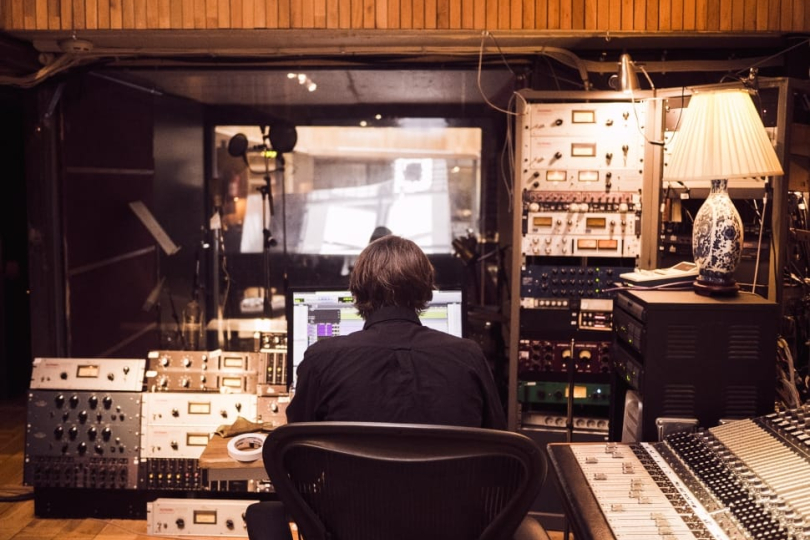
12 Skills Your Music Producer Should Have
At the beginning of the recording process, you may ask yourself the (unnecessary) question of whether using a producer will make your recording more expensive. The opposite is often true. In fact, a simple equation applies: the more efficient the arrangements, the easier the mixing and mastering, and the better the quality of the recording and performance, the less post-production and editing are needed. Plus, with every new single you present, you're making your mark in the minds of your listeners. Every record matters – even the very first one.
So what skills and qualities should your music producer have? What do you actually expect from music production? Based on my experience, these twelve points are a good starting point.
- They'll come to see your rehearsal or concert to soak up the expression and interpretation of your songs, and help you with arrangements before you go into the studio. And they'll make the form serve the content, not the other way around.
- On the spot, they are able to suggest several other interesting harmonic variations of your composition (chords) and lay it out for a group of musicians, or perhaps come up with different rhythmic solutions.
- They do not impose but offer. They deepen and emphasise who you are, instead of building their own monument through you.
- They will help you avoid clichés in your arrangements and at the same time underline your style, something that makes you unique.
- They can easily create and write out arrangements for a string ensemble, wind section or choir. But at the same time, they can work with MIDI, effects and synthesisers, creating for example an electronic drum base from samples.
- They can get the best out of you while recording, but in a way that you hardly notice. Through positive motivation and encouragement, not superiority. They keep an eye on tuning, expression, rhythm, clarity and credibility.
- They are able to tune, for example, the drums or the strings to suit the piece or the part. You know that a tuner or a tuned instrument is not always enough, and often the tuning needs to be adjusted to the interrelationships in the harmony or register and the technique of the player. That's what a producer is for – they come along and tune it.
- They should immediately recognise by ear what harmony you are in and what notes they hear.
- They are honest. If something seems weak to them, they'll let you know.
- They also focus on lyrics and pronunciation and don't neglect the non-musical component of a piece – because any weak link in the chain can degrade it.
- They are able to provide and direct guest musicians and can vouch for their performances.
- They should be able to operate and set up all standard sound effects and equipment and know different types of instruments and what to expect from them.
If you've come across such a producer, you're halfway there.
What is your experience – and what do you want from a producer? Which high-quality producers do you recommend? Let us know in the comments.
If you have found an error or typo in the article, please let us know by e-mail info@insounder.org.

